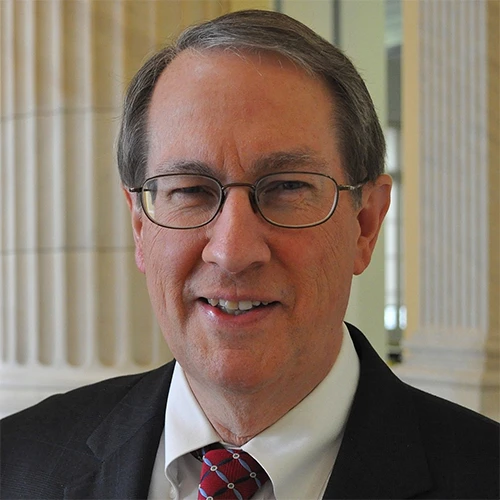During the 14th National People’s Congress (NPC) earlier this month in Beijing, China began outlining a series of proposals to give itself an edge over its competitors in critical technological sectors, including the manufacture of semiconductors. According to Reuters:
The institutional reforms unveiled on Tuesday place technology at the forefront of President Xi Jinping’s national priorities. The usually sleepy Ministry of Science and Technology will be tasked to help lead the country’s efforts to reduce dependence on Western suppliers. Meanwhile, creating a National Data Bureau should streamline the myriad of regulations spanning cybersecurity, personal privacy and information transfer. Even the patent regulator will be promoted in the bureaucratic hierarchy: the National Intellectual Property Administration is set to sit directly under the powerful cabinet-like State Council, giving it a bit more heft. [Emphasis mine]
The move followed a suggestion by Li Dongsheng, a deputy to the NPC and founder of TCL Technology Group Corp., that China should make a priority of giving patent litigation assistance to companies that are looking to expand their operations into overseas markets.
This new focus on intellectual property is perhaps no surprise, given that China files more patents each year than any other country in the world, and is now well-positioned to assert the massive number of patents it has aggregated in order to secure unwarranted monopolies over critical portions of the American innovation economy. This poses a clear threat to American interests, and policymakers in Washington must address it. The United States has long deprioritized intellectual property as a public policy issue, and it is past time for us to catch up – especially with China placing a renewed emphasis on the space.
To that end, the House Judiciary Committee’s Subcommittee on Courts, Intellectual Property and the Internet recently held a hearing titled “Intellectual Property and Strategic Competition with China,” where witnesses discussed with lawmakers the need to counter China’s aggressive approach to intellectual property, especially its continued IP theft practices. While IP theft remains a critical public policy priority, it’s important to note how this threat has evolved and mutated over the years.
While we were once concerned primarily of straightforward counterfeiting and piracy, China is now engaged in unprecedented levels of cyber-theft and espionage so that they can first steal critical U.S. technology secrets, then file an astounding number of patents in the same fields so that they can block American innovators from using these technologies, and of course force them into spending millions on lawyers’ fees and costly settlements along the way. The members of the IP Subcommittee should be commended for their foresight in taking this issue head on.
One congressional hearing, of course, will not solve the problem we face. It’s critical that in the weeks ahead, policymakers focus on commonsense solutions to push back against China and our other adversaries in this regard. There is bipartisan support for strengthening our patent system, ensuring it rewards innovators instead of bad actors, and enhancing transparency, especially when it comes to so-called third-party litigation funders (TPLFs). Taking these steps will be key to securing the competitiveness of American companies both at home and abroad.

